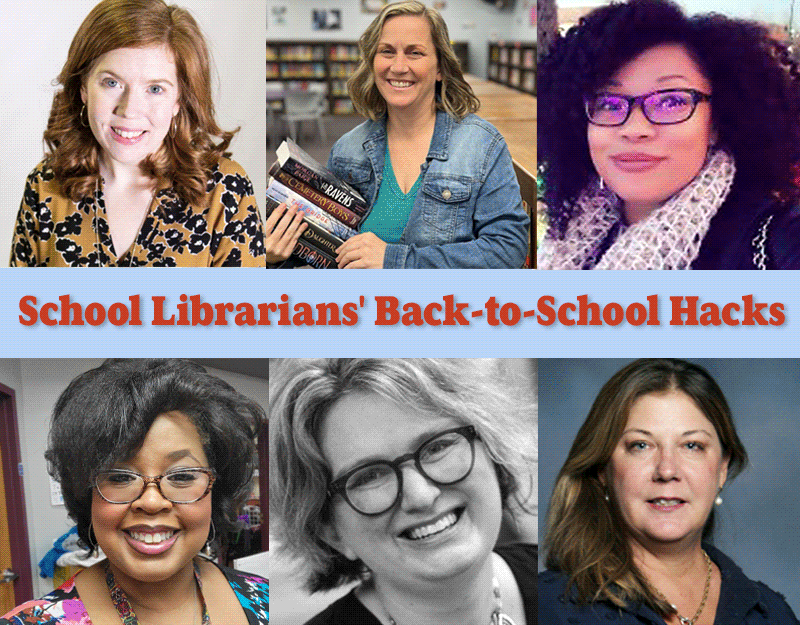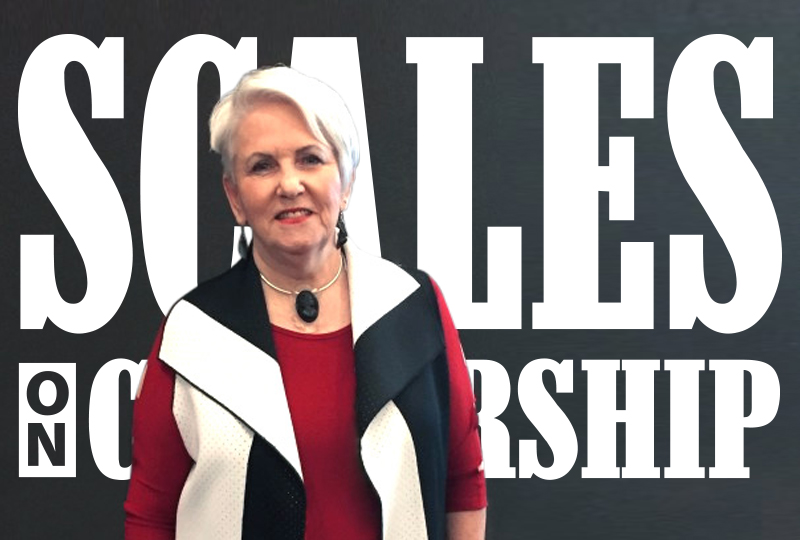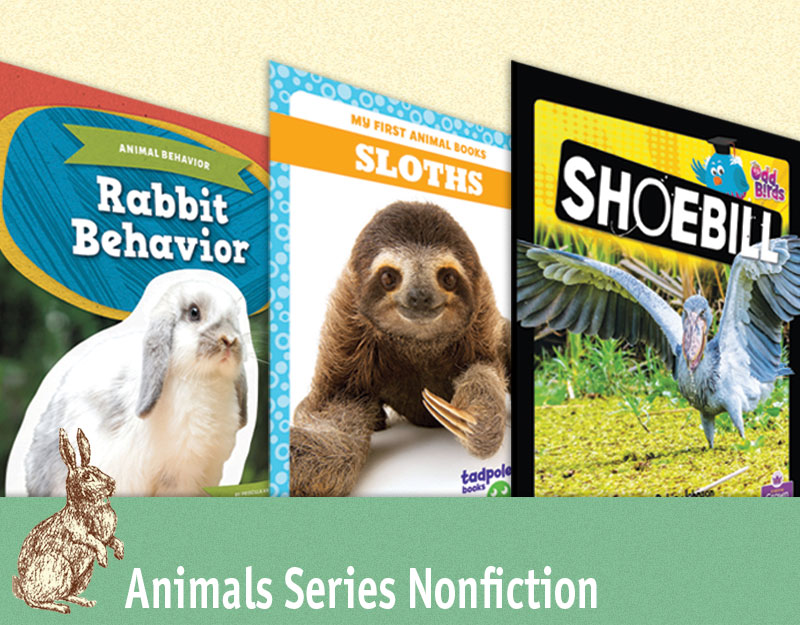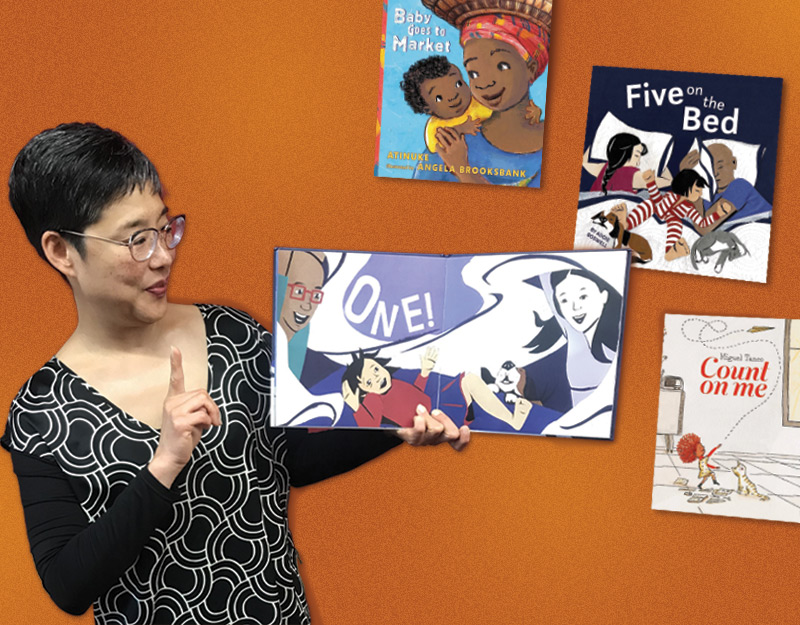Rescuing and Celebrating Black Women’s Voices, an interview with Nikki Grimes
Today we are thrilled to have Nikki Grimes join us for an interview about her wonderful new book LEGACY: WOMEN POETS OF THE HARLEM RENAISSANCE.
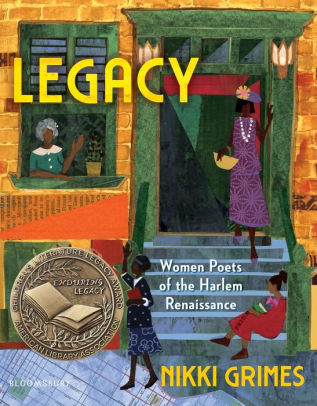
Tell us a little about the research you did to rescue and celebrate Black women’s voices from the Harlem Renaissance era. Did you discover new-to-you poets?
NG: The research work for Legacy actually began with One Last Word.
Those sources included a deep dive into Voices in the Poetic Tradition, edited by Henry Louis Gates, Jr. (1996), for starters. I raided my own library for collections by each poet, found others referenced online, found copies of previously published, as well as unpublished manuscripts by a few poets through the miracle of interlibrary loan and the able assistance of a librarian—what would we do without librarians?
I mentioned this research on social media, and someone suggested I take a look at Shadowed Dreams: Women’s Poetry of the Harlem Renaissance edited by Maureen Honey. This valuable resource led me to a few new-to-me women poets like Esther Popel and Clarissa Scott Delaney who died young, and only published four poems in her career, but what poems they were! In all, I read maybe a dozen poetry collections, plus anthologies, and biographies, and searched out individual poems and poets online, as well.
ADVERTISEMENT
ADVERTISEMENT
I found the stories of these women as inspiring as their poetry, and I knew young readers would, as well. I was grateful my publisher made ample space for longer than usual biographies of each poet. These poets included women who were among the first African American women to earn PhDs. They were well-traveled educators, social activists, editors, librarians, and directors of cultural institutes at a time in the early in the 20th century when little was expected of Black people, women especially. I wanted young readers to have models of what is possible.
Strong themes of self, community and the earth prevail throughout all the poems in this book, as well as the unsurprising thread of hope (that I think is always found in your writing). Did you see other common themes emerge?
NG: I think there was a real celebration of life, throughout, even in the midst of heartache, of pain. These poems all ended in a place of “Yes!”
The obvious and perhaps reductive answer to this question is probably “racism and sexism,” but why do you think so many gifted Black women poets from this era are overlooked? As you said in your book, many people can readily name men who are Harlem Renaissance poets, but not women.
NG: Women always fall out of the narrative, almost right before our eyes! If we want women to be paid attention to, it usually requires a woman to lift them up. That’s true in the sciences, the arts—name any arena. And we have to lift women up again and again. The poets I’ve brought to the fore were not first discovered by me. They were discovered, or rediscovered, by the academics who edited some of the dense, annotated, special collections I used for my research. But few middle graders, or even casual adult readers, will go looking for these women in academic tomes, or on library microfiche, or on the shelves of the Schomburg Center for Research in Black Culture. They will, however, pick up a beautifully illustrated collection of golden shovel poetry that highlights some of these women. That’s my job.
I love the Golden Shovel format that you use here, and that you used in One Last Word. It helps create such a powerful connection between the source work and your own poems—they can be in conversation with each other and show ties to themes and feelings across the years. What is it you like about this form and explain the form a bit to our readers.
NG: The Golden Shovel form in one in which you borrow a line or more from an existing poem, line those words up in the right margin, and then write new lines, each ending in one of the words from the original poem. The new poem you write may be on the same theme, or it may be on an entirely different theme. The choice is yours.
I love this form because it feels like literary sculpture. The clay I start with are the few words I’ve borrowed from another poet. I add in a few more words of my own, and start molding away. I don’t quite know what the final image will be until it reveals itself. It’s the not-knowing, the backwards puzzle-of-it-all that excites me. With Golden Shovel poetry, anything seems possible! Ten people could borrow the same line, the same handful of words and end up with entirely different poems, different messages, different points-of-view, each relating to the source poem in its own way.
In addition to your Golden Shovel poems in response to the original poems, the artwork is such a wonderful way to add dimension to the writing. How did you pair artists with poems?
NG: I didn’t. I worked on my dream list of artists, then we invited them to choose the poem that spoke to them. The earlier an artist signed on, the more available poems she had to choose from.
This collection has certainly made me want to go seek out more of the works of these women. Do you have favorite resources you discovered while researching to recommend (a great anthology, a fantastic website, etc.)? What about recommendations of contemporary Black women poets?
NG: I already mentioned Shadowed Dreams: Women’s Poetry of the Harlem Renaissance edited by Maureen Honey. That would be a great one to start with. I also loved Black Nature: Four Centuries of African American Nature Poetry edited by Camille T. Dungy, poetryfoundation.org is also a great place to search. Two of my favorite Black women poets left the earth in the past few years, but their work is evergreen: Lucille Clifton and Mari Evans. Other poets on my radar—not necessary for young readers, though—are Patricia Smith, Natasha Trethewey, Nikky Finney, Rita Dove and Toi Derricotte. Really there are almost too many. It’s a great problem!
I noted so many poems that stood out to me as I read and took notes but was particularly moved by Esther Popel’s “Flag Salute” and your “A Mother’s Lament.” Do you have a favorite poem from this collection?
NG: Yes, “Flag Salute” got me, too! It’s a powerful piece. And I’m a sucker for Gwendolyn Bennett, so I love “Advice.” But I think my favorite might be “Joy” by Clarissa Scott Delany which begins, “Joy shakes me like a wind that lifts a sail.” She’s given us such a powerful, visceral, beautiful image—not of rage, or pain, or some dark emotion, but of joy! I love that!
What projects are you working on or are coming out soon?
NG: The picture book Off to See the Sea, a bath time book, comes out a week after Legacy, and I have two nature-themed picture book projects in the works, and am gearing up for work on a new middle grade novel. Never a dull moment!
Meet Nikki Grimes
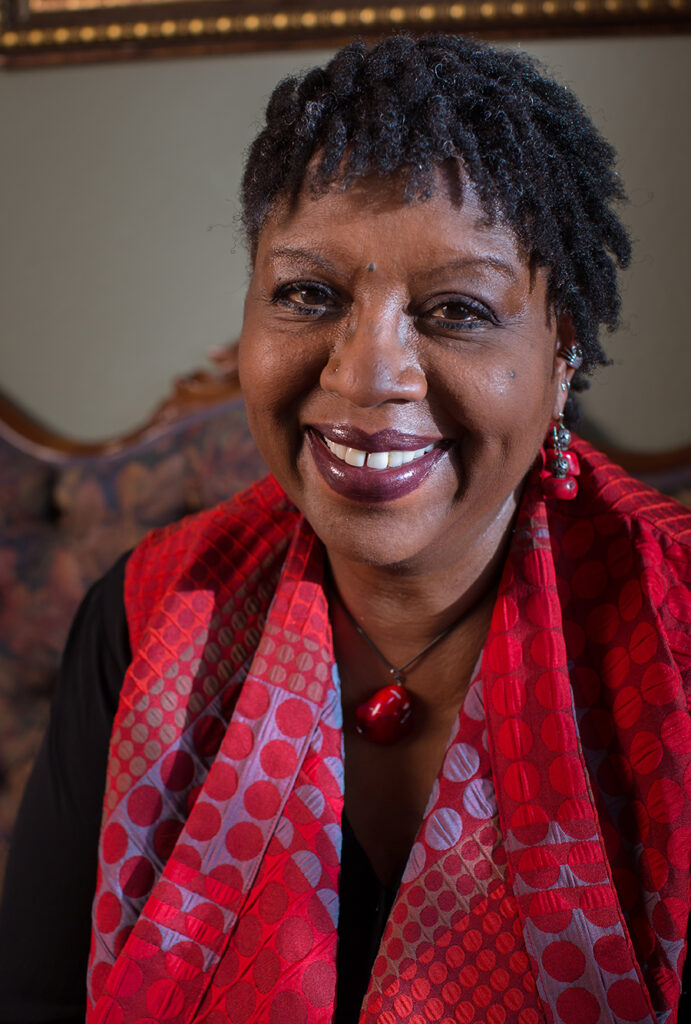
Nikki Grimes is a New York Times bestselling author and the recipient of the Children’s Literature Legacy Award, the Virginia Hamilton Literary Award, and the NCTE Award for Excellence in Poetry for Children. Her distinguished works include Southwest Sunrise, illustrated by Wendell Minor; the Printz Honor and Sibert Honor book Ordinary Hazards; NAACP Image Award nominee Planet Middle School; Coretta Scott King Award winner Bronx Masquerade; Coretta Scott King Author Honor books Jazmin’s Notebook, Talkin’ About Bessie, Dark Sons, The Road to Paris, and Words with Wings, which was also named an ALA Notable Book; and What Is Goodbye?, an ALA Notable Book. She lives in Corona, California. www.nikkigrimes.com, Twitter: @nikkigrimes9
About Legacy: Women Poets of the Harlem Renaissance

ADVERTISEMENT
ADVERTISEMENT
From Children’s Literature Legacy Award-winning author Nikki Grimes comes a feminist-forward new collection of poetry celebrating the little-known women poets of the Harlem Renaissance—paired with full-color, original art from today’s most talented female African-American illustrators.
For centuries, accomplished women—of all races—have fallen out of the historical records. The same is true for gifted, prolific, women poets of the Harlem Renaissance who are little known, especially as compared to their male counterparts.
In this poetry collection, bestselling author Nikki Grimes uses “The Golden Shovel” poetic method to create wholly original poems based on the works of these groundbreaking women-and to introduce readers to their work.
Each poem is paired with one-of-a-kind art from today’s most exciting female African-American illustrators, including: Vanessa Brantley-Newton, Cozbi Cabrera, Pat Cummings, Nina Crews, Laura Freeman, Jan Spivey Gilchrist, Ebony Glenn, April Harrison, Ekua Holmes, Keisha Morrison, Daria Peoples-Riley, Andrea Pippins, Shadra Strickland, and Elizabeth Zunon.
Legacy also includes a foreword, an introduction to the history of the Harlem Renaissance, author’s note, and poet biographies, which make this a wonderful resource and a book to cherish.
ISBN-13: 9781681199443
Publisher: Bloomsbury USA
Publication date: 01/05/2021
Age Range: 10 – 14 Years
Filed under: Uncategorized
About Amanda MacGregor
Amanda MacGregor works in an elementary library, loves dogs, and can be found on Twitter @CiteSomething.
ADVERTISEMENT
ADVERTISEMENT
SLJ Blog Network
One Star Review, Guess Who? (#202)
This Q&A is Going Exactly As Planned: A Talk with Tao Nyeu About Her Latest Book
More Geronimo Stilton Graphic Novels Coming from Papercutz | News
Parsing Religion in Public Schools
ADVERTISEMENT



